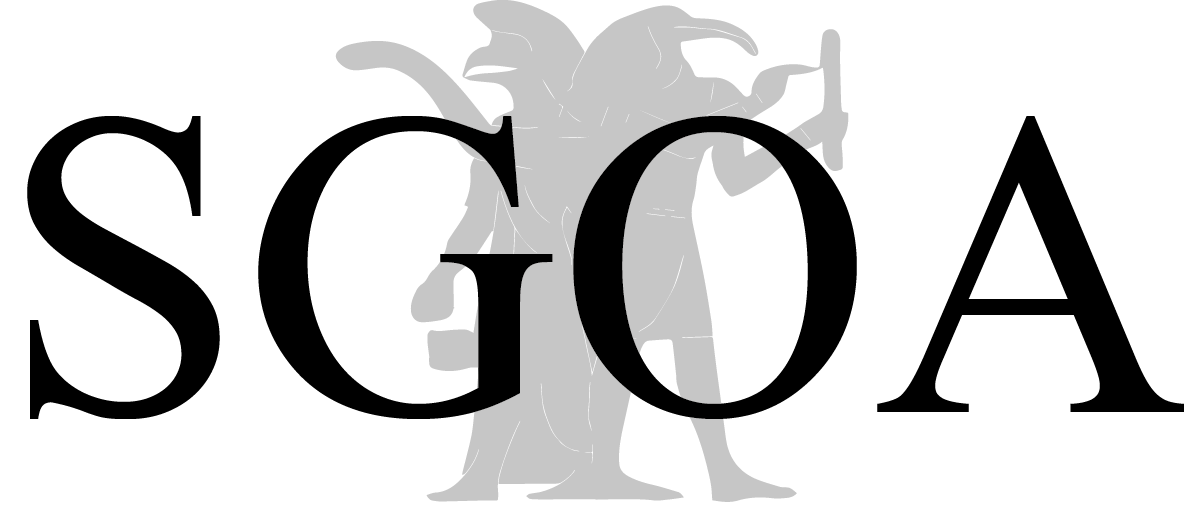OBO 283 – Job Y. Jindo, Benjamin Sommer & Thomas Staubli (eds.) / Yehezkel Kaufmann and the Reinvention of Jewish Biblical Scholarship
The biblical scholar, historian, and Jewish thinker Yehezkel Kaufmann (1889–1963) is best known for two magisterial works: a two-volume interpretation of Jewish history, Golah ve-nekhar (Exile and Alienation, 1928–1932), and a four-volume study of biblical religion, Toledot ha-emunah ha-yisre’elit (A History of the Israelite Faith, 1937–1956). Toledot in particular is the most monumental achievement of modern Jewish biblical scholarship. No other figure, not even Martin Buber, has had such a profound influence on the work of Jewish scholars of the Bible. Whether by supporting his ideas with new evidence, modifying them in light of new discoveries or methods, or attacking them, and whether addressing his work explicitly or implicitly, a substantial amount of modern Jewish biblical criticism builds upon the foundation set by Kaufmann. The latter’s phenomenological analysis of biblical monotheism as well as his critique of theoretical and methodological assumptions that are still dominant in historical studies in general, and biblical scholarship in particular, are an invaluable asset for those who engage in biblical scholarship, historical studies, and comparative religion.
The idea of this volume was conceived at an international symposium held in Switzerland, from June 10–11, 2014, “Yehezkel Kaufmann and the Reinvention of Jewish Exegesis of the Bible in Bern.” This gathering was held at the Universities of Bern and of Fribourg in order to commemorate the centenary of Yehezkel Kaufmann’s matriculation at the University of Bern on May 5, 1914, and to document and reassess the significance of his legacy and its reception. The symposium had three foci, corresponding with sections I–III of this volume: Kaufmann’s biography and intellectual background, his impact on Jewish studies, and his contribution to modern biblical scholarship.
The volume provides a comprehensive and multi-faceted account of Kaufmann’s work, through which Anglophone readers, students and scholars alike, can explore the hitherto unrecognized significance and profundity of Kaufmann’s legacy. It includes not only the symposium papers but also other essays, including two testimonies by two of his students, Menahem Haran and Moshe Greenberg and some of Kaufmann’s own writings—all heretofore unavailable in English—that are crucial for a fuller appreciation of his life project.
2017, pages XVIII-376,
ISBN 978-3-525-54414-3
Order book
Peeters Publishers
Download full text
ZORA (Zurich Open Repository and Archive)
